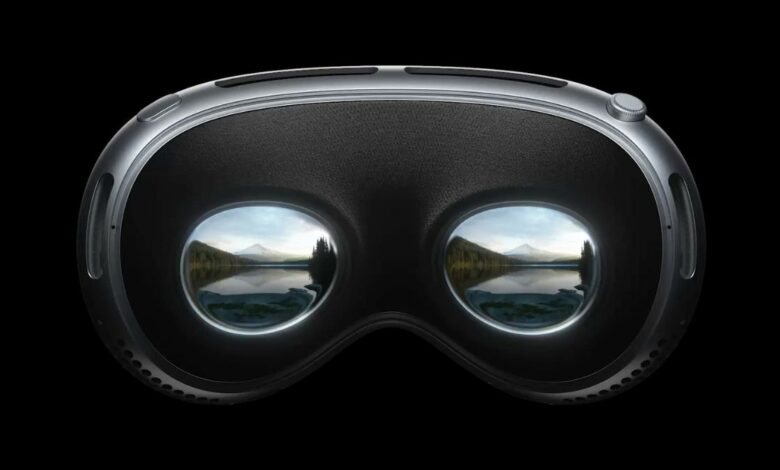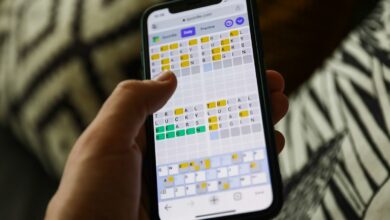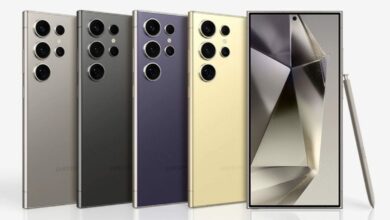Future Apple Vision Pro models may include vision correction capabilities

The Apple Vision Pro debuted at the 2023 Worldwide Developers Conference (WWDC) as the company’s first-ever mixed reality (MR) headset. However, sales haven’t been what the Cupertino-based tech giant had expected. A high price tag, a lack of native apps, and overall lack of interest have been speculated as reasons for the device’s low adoption. That doesn’t seem to have had much of an effect on Apple’s ambitions, however, as evidenced by a new patent filed by the company for a future version of the Vision Pro featuring lenses that could potentially be customized for vision correction.
Apple Vision Pro Adjustable Lenses Patent
An Apple patent filed with the United States Patent and Trademark Office (USPTO) and published on August 22 describes a head-mounted device with fluid-filled adjustable lenses. Both lenses are supposed to be aligned according to the user’s respective eyes. When a user – who suffers from presbyopia (farsightedness) – wears the device, the optical power of the adjustable lenses can be adjusted to counteract this.
The patent also suggests that the fluid-filled lenses could take different situations into account. For example, they could be adjusted to provide 0 diopter when the user is looking far away, but could be adjusted to provide the optimum amount of power when the viewfinder is aimed at an object in the distance, to compensate for their farsightedness.
The said device could be paired with another electronic device that would send sensor data and instructions to change the focal point based on the information obtained. It would do this upon receiving a trigger, such as a notification, gesture or button press, from the user. The array of sensors could include 3D Light Detection and Ranging (LiDAR), radio frequency sensors, infrared or visible light cameras, gaze tracking sensors, force and contact sensors, in addition to gyroscopes, ambient light sensors and more.
If developed, this Apple Vision Pro model could eliminate the need for the Zeiss inserts that the company currently ships as standard with its MR headset for people with visual impairment.




